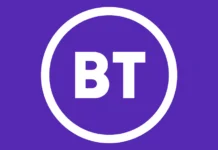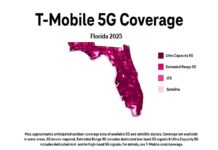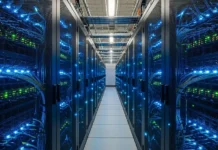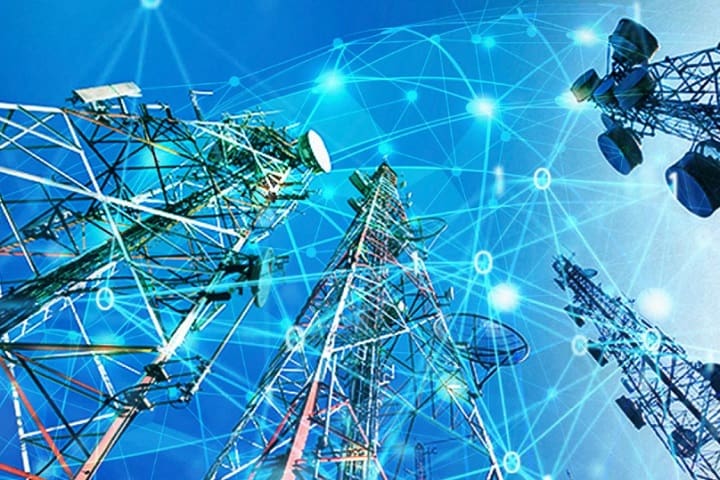Today Finnish telecoms and digital services company Elisa is announcing its intention to enable international telecoms operators to play a key part in tackling climate change by storing surplus renewable energy and reducing their carbon footprints. Elisa’s approach will also enable telecoms operators to develop a new revenue stream through energy market participation and optimise their own energy purchases, thereby dramatically reducing their energy costs.
Explored in a whitepaper launching today, Distributed Energy Storage (DES), good for business, good for the grid, good for the planet, Elisa demonstrates that applying the Elisa Distributed Energy Storage (DES) smart management solution to the back-up battery facilities that all telecoms operators are required to have, Radio Access Networks (RAN) can be turned into a Virtual Power Plant (VPP) capable of providing balancing services to national energy grids. The solution has already been rolled out to approximately one third of its full scope of Elisa base stations in Finland.
Increasing the proportion of energy generated from renewable sources around the globe and improving the storage of intermittent renewable energy will be central to reaching EU renewable energy milestones set for 2030 and 2050. Over the next five years, The Global Wind Energy Council forecasts an average of 136GW of annual wind power deployments between 2023 and 2027. The solar energy industry predicts even more rapid growth with forecasts of up to 800GW per year by 2027 up from 341 to 402GW in 2023. In order to cope with the intermittent nature of power generated from these sources, EU Energy forecasts that storage capacity will need to increase by around 233% (60GW to 200GW) to balance supply and demand. Against this critical need, Elisa forecasts that there could be an estimated 15GWh of storage available from Europe’s telecoms networks.
To convert a telecoms network and battery storage to form the role of a VPP, Elisa’s AI-powered DES solution enables ‘load shifting’, which is the ability to purchase electricity from the grid during low-cost periods and store it for consumption when prices are higher. This power can be distributed throughout the network, or sold to the electricity grid when balancing is required. Taking the average electricity market price and benefits of the Nordics and Western Central Europe as an example, Elisa predicts that through this functionality, telecoms operators will be able to save around 50% of their current electricity costs through a combination of cost savings and new revenue opportunities.
Elisa ran an initial trial of its DES solution in Finland across 200 base stations in 2022 as well as its network in Estonia. By 2025, the system will be rolled out to 2000 Elisa base stations in Finland, with that work well underway in 2023. Based on the latest official Finnish marginal CO2 emission calculation rates, the Elisa deployment in Finland is expected to result in annual reductions of up to 20,000 tonnes of CO2 when fully deployed. Elisa has also received technical pre-qualification acceptance from Fingrid, Finland’s Transmission System Operator (TSO) for its DES solution to provide balancing services in the “automatic frequency restoration reserve” (aFRR) in 2023. It is believed that this is the first time anywhere in the world that a distributed solution has been approved for the aFRR market which is normally only served by hydropower or natural gas plants.
Henri Korpi, Executive Vice President of International Digital Services at Elisa, said: “The onus is on every company in the world to think about not only about how they can make their energy use the most efficient it can be, but also to think about the role they can play in our collective and urgent need to address climate change. With an estimated 6500GWh of wind energy lost to curtailment in the UK alone between January 2021 to April 2023, it is clear that we need to rethink energy storage to make full use of the renewable generation sources that we successfully bring online. Elisa has a rich history in innovation in both telecommunications and digital services which puts us in a unique position to devise a solution to address the key issues facing the renewable energy market today. By minimising our carbon footprint as an industry and utilising the extensive infrastructure and assets we already have in place, we believe that telecoms companies can play a pivotal role in our fight against climate change for years to come.”




















